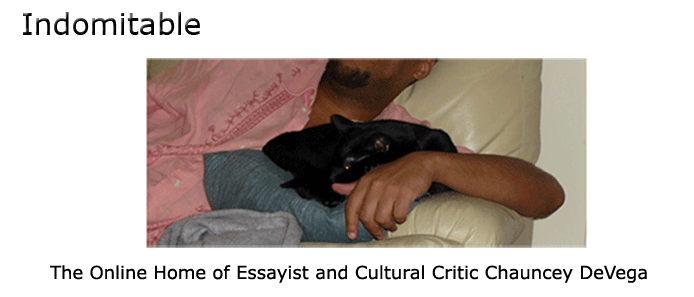In our newest podcast interview, I had the great opportunity to chat with W. Craig Reed, former U.S. submarine officer, reconnaissance diver and cameraman for the U.S. Navy special forces, and New York Times best-selling author of Red November. He is also the author of the military-techno thriller The Eagle and the Snake.
W. Craig Reed had a front row seat to the Cold War as a weapons officer on Sturgeon and Los Angeles Class attack submarines during the 1970s and 1980s. He was also a participant in some of the very missions discussed in Red November. He is also very well connected in the special operations community. In total, Red November is a great insight into the hidden history of Cold War undersea espionage and the shadow warriors of the silent service.
In this conversation, W. Craig Reed and I discuss the Cold War, the Cuban Missile crisis, the various "What ifs?" surrounding World War 3, and explore future national security threats surrounding resource scarcity and the rise of China.
I learned a great deal from this conversation. For those of you who are ghetto nerds, military grognards, news junkies, or just like hearing someone with a unique perspective on current affairs (and the near past) share their wisdom, my interview with W. Craig Reed should be very entertaining.
I have a great group of folks lined up for future podcasts. If you like these interviews here on We Are Respectable Negroes, and want more of them, do try to support our donation drive this holiday season.
Hosted by Kiwi6 file hosting.
1:33 The craft of writing and first beginnings
3:24 Did you always know that you were going to be a writer?
4:36 What is your work routine? Suggestions for writers who are just starting out?
11:40 Were we "safer" during the Cold War?
16:40 The Cuban Missile Crisis and what could have been
21:29 Espionage and the hidden history of the Cold War
29:24 What was day-to-day life like on a nuclear attack submarine?
32:44 Being in a ramming incident with a Soviet submarine while conducting a clandestine mission
43:27 What if? Who would have won if Nato and the Warsaw Pact had gone to war in the 1970s or 1980s?
50:40 Are some of the "quiet" operators in the U.S. military too hungry for press and attention today?
53:43 Why did Seal Team Six get the call to take out Bin Laden and not Delta Force?
68:02 The United States Navy in popular culture today; future books and projects to look out for
71:00 Future wars and conflicts with China and others over minerals, fossil fuels, and other resources

2 comments:
Over 70 years since Pearl Harbor. Time really flies. I remember when WWII vets were guys in their forties, and the really old dudes were the WWI vets.
My father enlisted after Pearl Harbor. He didn't have much education, so they made him a rifleman. He found himself in the Battle of the Bulge. Saw his friends blow up around him. When German planes appeared overhead, his friends would run this way and that, trying to outrun the strafing. He always crawled under a jeep and stayed in one spot. He saw his friends blown to pieces trying to zig zag and outrun bombs.
A man next to him took a bullet in his neck. My father started freaking out and screaming. The guy put his finger to his lips, as if to say "shhh, don't let them know where you are" and fell over dead.
One afternoon my father and about four other soldiers were surrounded by Germans. They told him "for you, the war is over." He spent the rest of the war as a P.O.W. He was given the job of burying bodies. His only food was barley water (he said that's where the vitamins were, though).
When he was liberated, he weighed about ninety pounds.
Needless to say, he was "shellshocked" the rest of his life. I remember him as being very anti-war. He had no illusions about politics or soldiering. He told me stories about grown men shitting in their pants and crying for their mothers when they were in a train, a cattle car, being shipped to prison camp, and American planes were dropping bombs, not knowing they were bombing American prisoners.
When I was a child in the 1960s, we watched war movies on tv, and shows like "Combat" and we'd play army with our toy guns. I didn't know why my father wasn't interested in doing much of anything when he got home from work; spent most of his time in front of the tv, or busying himself with chores. He drank heavily, kept to himself, didn't seem like a happy guy like the dads I saw in the situation comedies. He was adamant that I would never fight in Vietnam. He told me he'd send me to Canada before he ever let that happen.
After he died in 2000, I was going through his things, and found the letter my grandmother got, saying he was missing in action.
I think he was missing in action for the rest of his life. World War II cast a long shadow over our lives.
- Buddy H.
@Buddy. And they say it was the "good war?" Powerful sharing. We have romanticized the post-war years. Those who lived through it was much more cynical and made critical than pop culture generally depicts with its nostalgic lies. Check out Stud Terkel's great collection The Good War. You may have read it already, if not I think you will find it very powerful.
Post a Comment